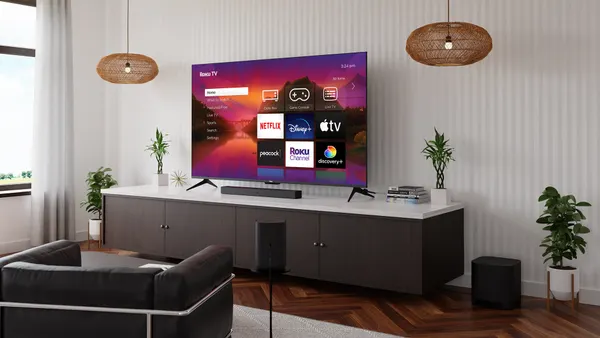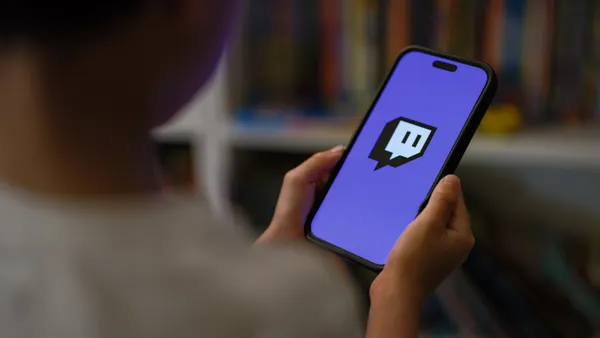Dive Brief:
- WarnerMedia has left OpenAP, an industry coalition around developing and standardizing advanced TV advertising, The Wall Street Journal reported. The group was formed in 2017 by Time Warner, Viacom and Fox Networks Group, and later added Comcast's NBCUniversal.
- The decision to leave the OpenAP follows the completion of AT&T's long-in-the-works acquisition of Time Warner, the company that would eventually be rebranded as WarnerMedia, earlier this year. Time Warner owned Turner, a unit that participated in the OpenAP and was dissolved following the acquisition.
- A potential reasoning for pulling out of OpenAP could be AT&T's creation of its own addressable TV products through its Xandr advertising division. A WarnerMedia spokesperson declined to comment to the Journal on Xandr's effect on the OpenAP move. Viacom, Fox and NBCUniversal will remain in the coalition, according to a group statement by OpenAP that was shared with the Journal.
Dive Insight:
WarnerMedia ditching OpenAp potentially throws a wrench in the ad industry's attempts to standardize advanced TV offerings. Such solutions, which promise better audience targeting, addressability and cross-screen media planning and buying, continue to see higher demand as marketers feel pressure to show that their campaigns drive concrete results — even on traditional channels where measuring those results has historically proved difficult — and networks try to fend off headwinds stemming from trends like cord-cutting.
While WarnerMedia did not comment on the matter, the OpenAP news, arriving amid the critical upfronts season for TV advertisers, signals that AT&T is likely sharpening a focus on Xandr to try and better compete not only with its traditional network competitors, but also digital players like Google and Facebook. Xandr's creation came in recognition that the lines between linear and digital video are continuing to blur in the era of connected and over-the-top TV services. AT&T earlier this year started combining its subscriber data with that of Turner networks to better inform Xandr's targeted TV products, according to Digiday. The telecommunications giant reports its Q1 2019 earnings on Wednesday, when more details on the Xandr plans around advanced TV could be made clear.
Previously, Turner entered some high-profile partnerships to demonstrate the value and viability of advanced TV solutions for brands. Last fall, the former media entity started working with Chipotle on a linear TV ad campaign that claimed to be an industry first in tying targeted commercials to a guaranteed sales lift. Just a few weeks after the Turner deal was announced, Chipotle executives said on a call discussing quarterly earnings with analysts that the "For Real" campaign led to a "noticeable" sales boost, though specific figures related to the advanced TV portion of the effort were not broken out.
The OpenAP development is another sign that the advanced TV market will continue to fragment as the landscape grows more crowded. Adoption of the strategy is increasing as more promising case studies, like Chipotle's, become apparent. Ninety percent of advanced TV cross-screen campaigns resulted in an online sales lift for advertisers, a recent analysis by 4INFO revealed.
While OpenAP has lost a major partner, other collaborative initiatives are attempting to tackle similar issues in the quickly evolving TV space. In March, Vizio and media brands including Dsiney's Media Networks, Xandr and Comcast's FreeWheel formed Project OAR, a consortium around developing new industry standards for addressable advertising for connected TV — a closely related field to advanced TV.













